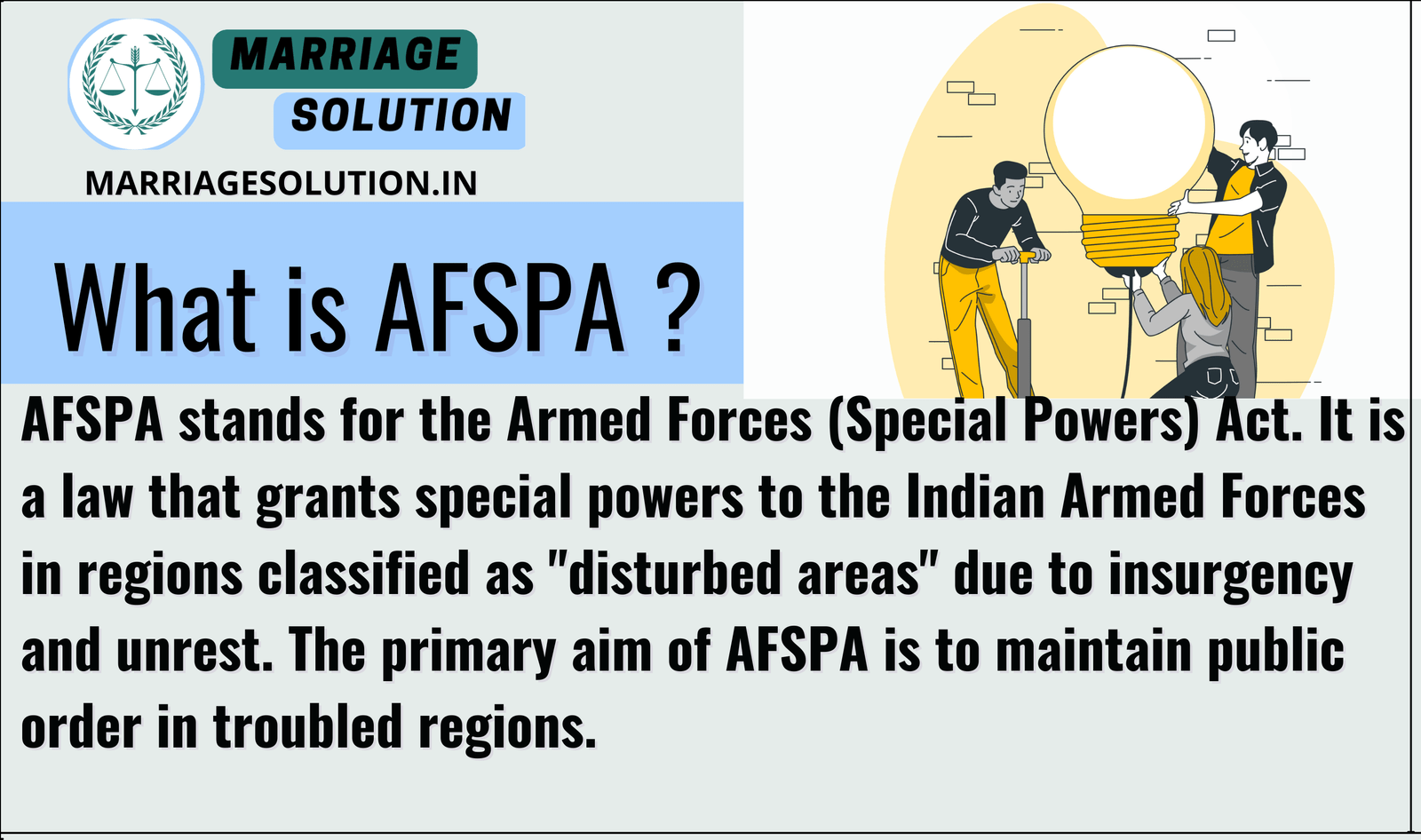163 IPC
Section 31 of the Prevention of Corruption Act, 1988, is an important provision of the law against corruption. It states that certain provisions of this law were implemented in 1988. This means that specific rules and government authorities were given special powers and responsibilities to control corruption.
An important aspect of Section 31 is that it addresses specific amendments and changes in the law, which have strengthened actions against corruption.
This section primarily deals with the powers, punishment rules, and procedures related to corruption-related crimes.
If you need support with court proceedings or any other legal matters, don’t hesitate to reach out for assistance.
Court or any other marriage-related issues, our https://marriagesolution.in/lawyer-help-1/ website may prove helpful. By completing our enquiry form and submitting it online, we can provide customized guidance to navigate through the process effectively. Don’t hesitate to contact us for personalized solutions; we are here to assist you whenever necessary!
-
Types of Divorce

Divorce ? What is Divorce ?
-
Marriage certificate

marriage certificate : all process
-
Court Marriage: Guide Step-1 to last.

marriage marriage process get solution og marriage www.marriagesolution.in
-
Dr. Ambedkar Scheme for Social Integration

The caste system in India is a hierarchical social structure that assigns different castes varying levels of social status and prestige. Dr. B.R. Ambedkar termed it a system of graded inequality that segregates people into separate communities. Endogamy, the practice of marrying within one’s own caste, reinforces this segregation, hindering the realization of constitutional values…
-
AFSPA Act

AFSPA act mean Armed Forces Special Powers Act (AFSPA) grants special powers to the Indian Armed Forces in areas classified as “disturbed” due to significant insurgency or internal disturbances.
-
Right to Information RTI act :Your Comprehensive Guide (Part 1)

The Right to Information (RTI) Act : Explore the essence of the Right to Information (RTI) Act through this symbolic image. The image features legal documents, emphasizing the importance of transparency and accountability in governance. The scales of justice represent the balance achieved through the citizens’ right to access information.
-
What is Article 371 of Indian Constitution ?
Article 371 of the Indian Constitution grants special provisions to specific states and regions within India, addressing their unique historical, social, and cultural circumstances. These provisions aim to accommodate diverse needs and protect cultural identities within the constitutional framework.
